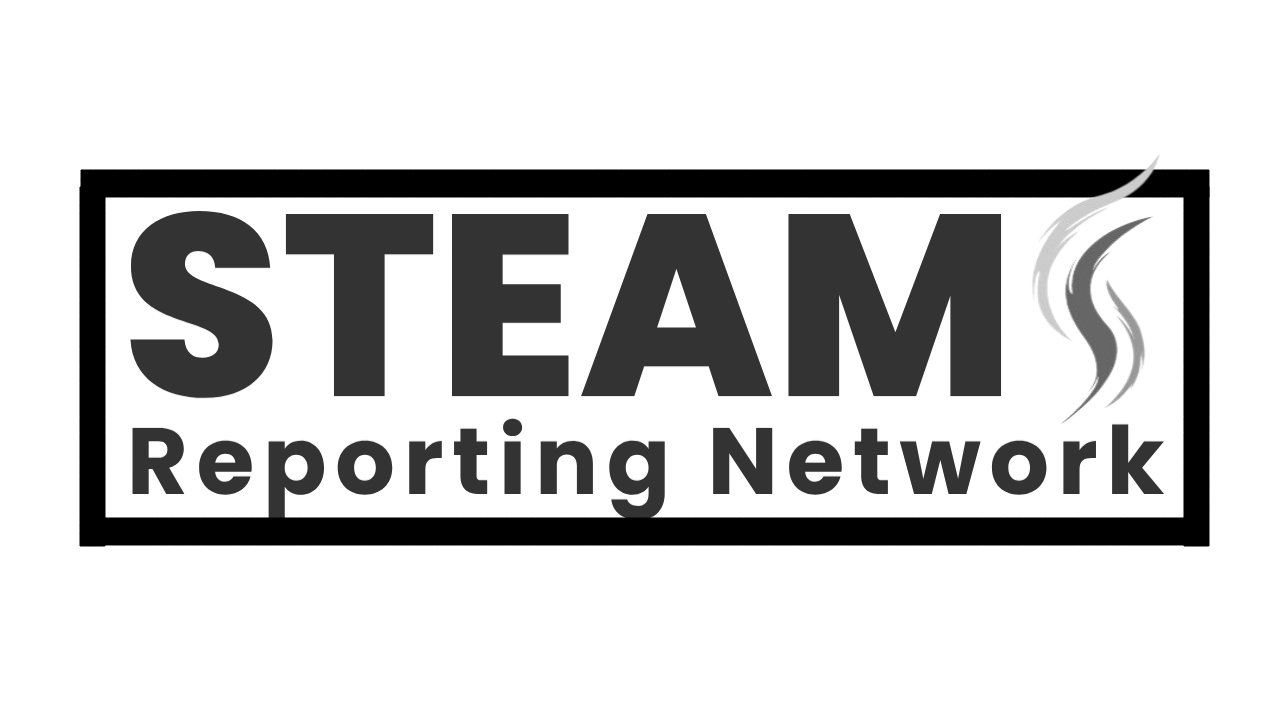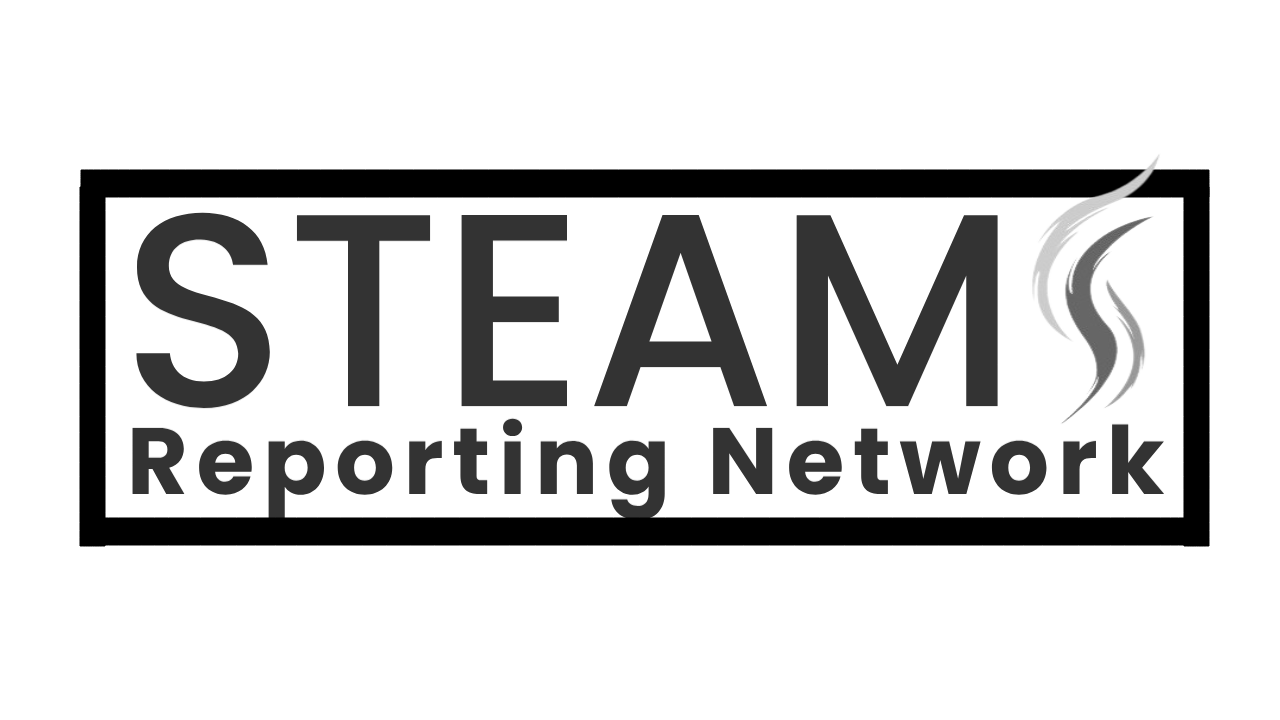By Emma Black
In May 2020, Veronica (last name not revealed because of an ongoing court case) hired a private teacher for her 12-year old daughter, who had been out of school since the end of March 2020 when schools were closed under COVID-19 prevention measures. In July 2020, Veronica found out the teacher had raped the small girl.
Veronica said, “I was shocked at this man’s behaviour. I didn’t want my daughter to be idle and sitting around without learning during the shut down. If it weren’t for the schools being closed, I would have never met and hired this teacher, who turned out to be so bad.”
After Veronica found out about the rape, she made a report to the Police and the matter is before the courts while the accused remains in prison without bail.
On 19 March 2020, the Government announced that all schools and colleges would close on 31 March 2020 as a preventative measure against the transmission of COVID-19. The school closures were officially re-iterated by President Maada Bio at a press conference at State House following confirmation of the country’s Index Case on 31 March 2020.
The consequences of school closures and children being out of class had adverse affects on children and families… and the broader society.
Brima Turay, the Public Relations Officer at the Ministry of Basic and Secondary Education (MBSE), said, “We closed the schools to prevent the transmission of COVID-19. There was panic among children, teachers and parents. We had to find a way to protect children.” He added, “While the schools were closed, the teachers continued to collect their salaries because many of the women teachers are the breadwinners of their families.”
“When the schools were closed,” said, Isatu Sesay, who cares for her grandchildren in Tengbeh Town, “They were bored being at home. They watched movies and TV so they wouldn’t go to play in the neighbourhood.”
Many countries closed schools since the COVID-19 outbreak, disrupting the learning and education of hundreds of millions of students around the world. Schools provide important spaces for children and their families to learn about hygiene, appropriate hand washing techniques, and coping with situations that will break routines. Without access to schools, this prime responsibility falls on parents, guardians, and caregivers.
Through to December 2020, the data on childhood infections of COVID-19 was scant. The WHO and CDC both suggest children under 18-years are not as affected by the virus and if infected often suffer only mild symptoms. In Sierra Leone, the median age of infection is 34-years, well past school-going age. For women, the median age of infection is 31-years and for men, it’s 35-years. There was no evidence of COVID-19 transmission increases among school children. Only one case of a girl being infected was reported in Moyamba at the Hartford Girls School.
UNICEF reported 188 countries imposed countrywide school closures during the pandemic, affecting an estimated 1.6 billion children and youth. According to UNICEF research, even short disruptions in children’s schooling can have long-lasting negative impacts due to factors including the lack of structured programmes for catching up. In the past, school closures have led to an increase in child marriage, teen pregnancy and child labour, which then prevents children from continuing their education.
The right to education is articulated in several international human rights documents, most prominently the Universal Declaration on Human Rights, Article 26, the Convention on the Rights of the Child (CRC) articles 28 and 29, and the Covenant on Economic, Social and Cultural Rights (CESCR) articles 13 and 14.
The UN Declaration on Human Rights, in Article 26(1), states: Everyone has the right to education. Education shall be free, at least in the elementary and fundamental stages. Elementary education shall be compulsory. Technical and professional education shall be made generally available and higher education shall be equally accessible to all on the basis of merit.
Article 13 of the International Covenant on Economic, Social and Cultural Rights, states: 1. The States Parties to the present Covenant recognize the right of everyone to education. They agree that education shall be directed to the full development of the human personality and the sense of its dignity, and shall strengthen the respect for human rights and fundamental freedoms. They further agree that education shall enable all persons to participate effectively in a free society, promote understanding, tolerance and friendship among all nations and all racial, ethnic or religious groups, and further the activities of the United Nations for the maintenance of peace.
In the Sierra Leone Constitution, it states in Section 9(1), The Government shall direct its policy towards ensuring that there are equal rights and adequate educational opportunities for all citizens at all levels by — a. ensuring that every citizen is given the opportunity to be educated to the best of his ability, aptitude and inclination by providing educational facilities at all levels and aspects of education such as primary, secondary, vocational, technical, college and university; b. safeguarding the rights of vulnerable groups, such as children, women and the disabled in security educational facilities; and c. providing the necessary structures, finance and supportive facilities for education as and when practicable.
Fatmata (last name withheld), who was in SS3 at Freetown Senior Secondary School for Girls (FSSG) attended a private camp where a teacher offered extra classes during the school closures. She was raped by the teacher and got pregnant. She dropped out of school and did not return to FSSG when schools were reopened.
A teacher at Model Secondary School, in Freetown, Mariama Swaray-Deen, said the children fell behind in their studies because they were not in school and had to help their parents with income, selling in the street or markets. The teachers had to almost start again when schools re-opened.”
The SOS and some other private schools developed and distributed lesson plans for parents to teach children at home. The packages included homework and exam questions. The papers were then marked by the children’s teachers. The private schools continued to collect school fees. A report by Save the Children, in September 2020, noted, “A quarter (26%) of the parents and caregivers reported not having any learning materials for their children.”
The Report also noted, “Almost three quarters (74%) of the children reported feeling more worried than before the pandemic, almost 2 in 3 (62%) children felt less happy and almost 1 in 2 (47%) felt less hopeful than before. More than half felt more bored (60%) and more sad (59%) than before the pandemic. Half (51%) the children surveyed reported being deprived of social interaction with their friends and peers- they reported not getting to speak to or meet their friends in person or virtually, during the outbreak of the COVID-19 virus.”
The Ministry of Basic and Secondary Education (MBSE) developed radio programs with millions of dollars in donor money. Isatu Sesay said she tried to get her grandchildren to listen and learn but she said the children were bored by the programs and couldn’t follow the lessons. In fact, the Ministry radio program was largely ignored by children and parents. One International NGO bought and gave away up to 25,000 radios to school-going students, which also turned out to be a waste of resources and time.
UNESCO recommended that states “adopt a variety of hi-tech, low-tech and no tech solutions to assure the continuity of learning.” In Sierra Leone, internet access, cost of internet connectivity, technical capacity and unfamiliarity impeded the call for teachers and tertiary education instructors to use online learning platforms. These issues prevented a great many students from accessing lessons and instructors during the school closures. The lack of capacity of most instructors, availability of internet platforms, etc. resulted in a failed attempt to host online learning at all levels of education.
Hassan Fornah, a second-year engineering student at Fourah Bay College, said, “The whole online learning thing was a joke. There is no way the University or teachers could adapt and offer anything online.”
Unequal access and in some cases, no access at all, to online courses and radio broadcasts left children and students one semester short of services according to location and poverty levels.
Schools were briefly re-opened in June 2020 and September to allow students to sit to public exams. Schools fully re-opened later in September 2020.
In June 2020, the Teaching Service Commission announced measures to keep schools safe after re-opening, which the Ministry of Basic and Secondary Education decided would be September 2020. Critical measures to prevent COVID-19 transmission included requiring pupils to wear facemasks on the school premises, schools to have proper water, and sanitation hygiene (WASH) facilities, including toilets, Veronica buckets and soap and schools to have a diary of health and safety incidents in and around the school.
Turay, the PRO at MBSE, said there were resources from many different donors including World Bank, EU, International NGOs and more.
Across the country, according to AdvocAid, a local NGO, the rules and protocols on safe schooling in the environment of COVID-19 were only haphazardly applied. Research indicated very few schools enforced or observed all the rules on safe schooling in the environment of COVID-19. Across the country, the requirements for all students to always wear facemasks, the availability of WASH facilities, and the requirement that students and teachers always wash their hands were highly flouted.
According to AdvocAid, outside Freetown, and in the rural areas outside the district headquarter towns, the majority of the schools have no WASH facilities. In the constituencies outside Port Loko, for instance, out of 15 schools monitored, only 3 had Veronica buckets and soap. In the constituencies outside Kailahun, only 5 of the 15 schools monitored had Veronica buckets and soap. In the constituencies outside Pujehun, only 4 of 15 schools monitored had Veronica buckets and soaps. In the constituencies outside Kambia town, only 6 of the 15 schools monitored had Veronica buckets and soap.
The school closures had far-reaching and negative impacts on children in Sierra Leone from falling behind in their studies to pregnancy, child labour to boredom and inactivity.
JHR and SLAJ human rights reporting fellowship.

